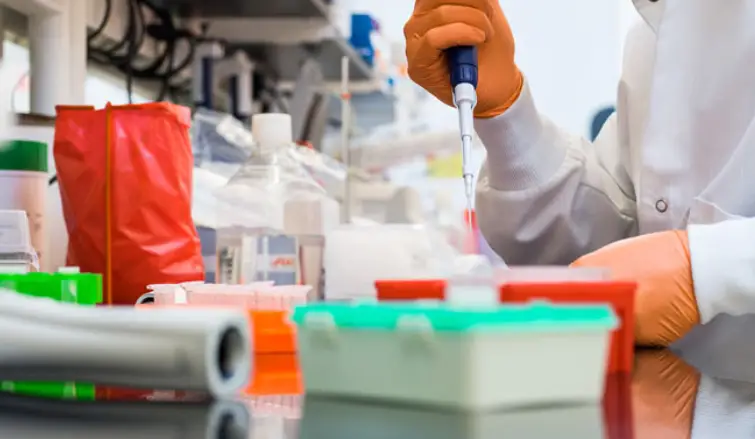
CRISPR-Cas9, the newest in genetic modification technology, has seen its immediate share of criticism due to potential health concerns. Yet, these concerns did not stop food giants for jumping on the project without adequate research and safety testing being done.
Monsanto has already signed a deal with Korea-based ToolGen to use this gene editing for agriculture to create new “longer lasting,” untested GMOs, that may include strawberries and wheat in the near future.
This may be even more problematic than Monsanto’s GMOs as new research just came out showing unwanted and frequent gene mutation that is completely unpredictable with CRISPR.
The new study is further proof that this technology is too new, under-researched, and may be very risky for human health. This concerns CRISPR gene-editing done on humans, but similar concerns fall to agricultural use as well.
Study Linking CRISPR To Mutations
A study published in Natural Biotechnology in July 2018 revealed “unexpected DNA changes caused by CRISPR across large regions of the genome.” These changes were not rare and were quite large when studied both on human and animal cells.
Scientists predict that one of these changes will be linked to cancer. Because CRISPR would be editing billions of cells, statistics suggest that the probability is high of one of the damaged ones could turn into this disease.
This is a completely different study from the one that was retracted last year from Nature Methods. The study showed hundreds of DNA mutations, but other scientists disagreed with the interpretation of its results.
Earlier clinical trials of gene therapy, which utilizes CRISPR, have already caused cancer in several patients according to Labiotech.eu, the leading digital publication covering the Biotech industry in Europe.
“We found that changes in the DNA have been seriously underestimated before now. It is important that anyone thinking of using this technology for gene therapy proceeds with caution, and looks very carefully to check for possible harmful effects,” said Allan Bradley, leader of the study.
As we see from in Natural Biotechnology, it is not the only study that showed mutations. Furthermore, the cancer link has been seen by trials as well.
Another study from Sweden confirmed that CRISPR-Cas9 editing favors mutations that are involved in cancer development.
Current technology is unable to check for potential DNA damage when using CRISPR, making the technology incredibly risky. It’s also incredibly profitable, and it’s already showing up in our food as well through new unlabeled GMOs.
What This Could Mean For Gene Edited Foods
Gene-editing is different from traditional GMOs because it is doesn’t inject any foreign DNA into the crops, it only works within the genome of the plant itself. However, since unexpected mutations happened in studies on animal cells, it is likely that the same amount of mutations will happen to our food, which may make it carcinogenic.
The USDA has already approved CRISPR genetically engineered white-button mushrooms that do not brown, omega-3 oil and soybeans. The approval process was too quick—because no DNA is added, CRISPR crops fall outside regulatory concerns.
The food companies could not have been happier. Instead of spending $30-50 million for safety tests and at least six years of their time, the CRISPR approval process takes only two months.
These crops are not on supermarket shelves yet, but they will be soon and with no clear labeling or regulation in sight. As with old-style GMOs, the customers may become the guinea pigs again for the food industry.
After speaking with a molecular geneticist Dr. Michael Antoniou the GM Watch organization has concluded that CRISPR needs as much if not more regulation as GMOs:
“…The products of genome editing techniques should be at least as stringently regulated as the products of old-style GM techniques. In fact, regulation for all types of GM products should be overhauled to include “omics” molecular analyses and long-term animal feeding studies. Such analyses and studies are not currently demanded by any regulatory authority anywhere in the world.”
As usual, the burden will fall on consumers to avoid this potentially dangerous GMO technology. Be sure to read your labels, avoid foods created with CRISPR, and buy organic whenever possible.
The future of our food system could depend on it.
Recommended reading
Humans to Be Genetically Modified for the First Time Ever in Europe
Thanks for installing the Bottom of every post plugin by Corey Salzano. Contact me if you need custom WordPress plugins or website design.




